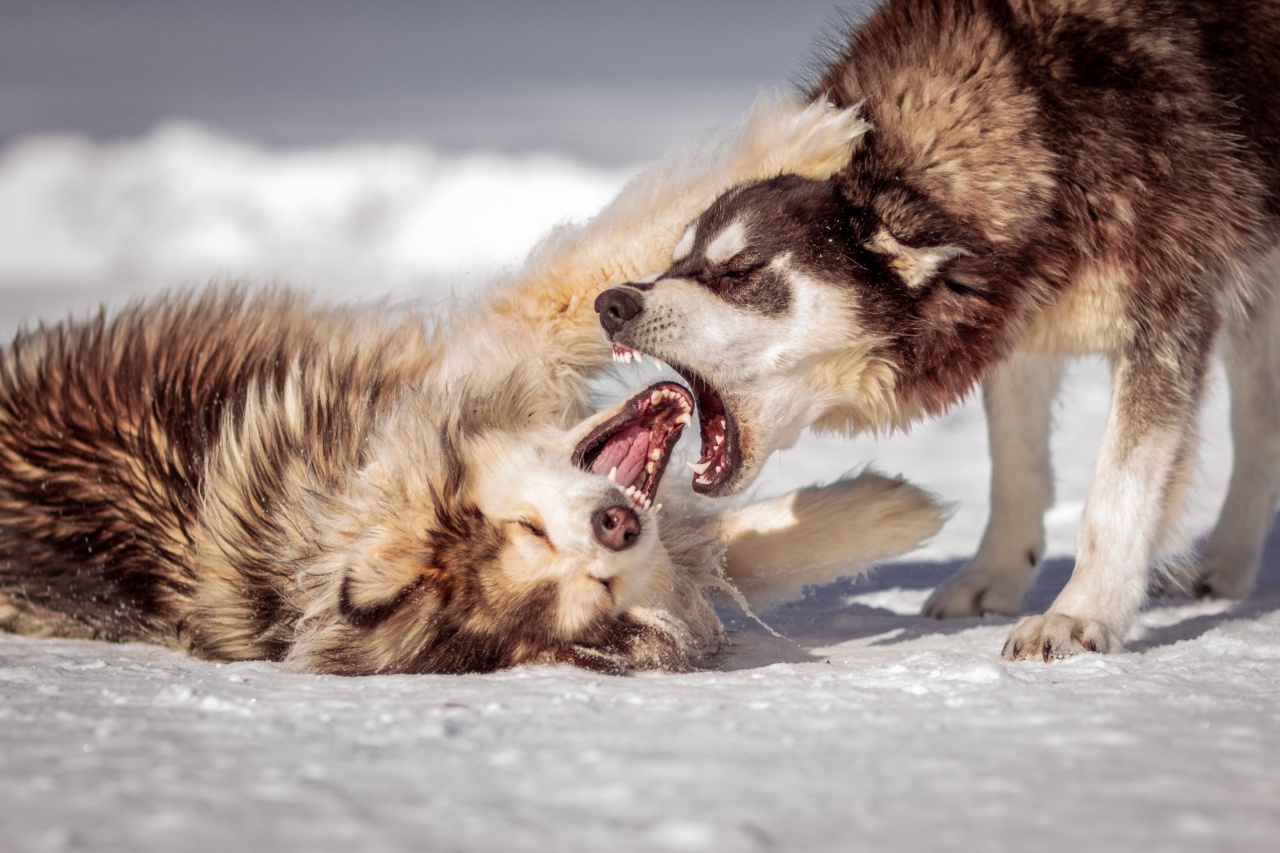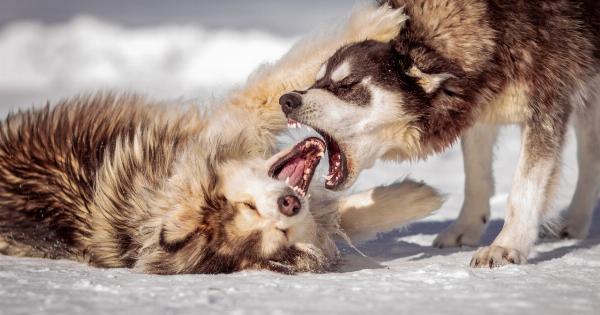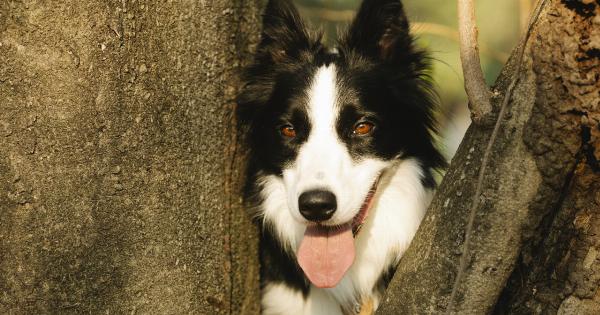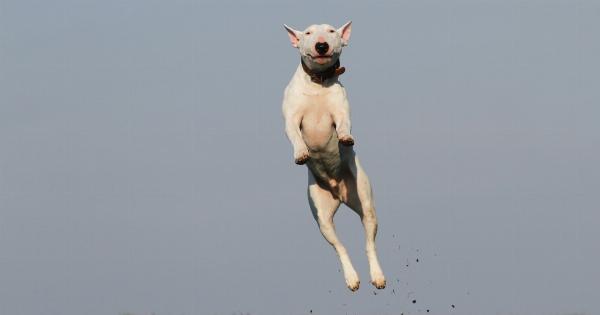Aggression in dogs is a complex behavior influenced by various factors, including genetics, socialization, training, and stress.
While there is no single solution to manage aggressive behavior, diet can play a significant role in helping to calm dogs down and reduce their aggression. In this article, we will discuss the importance of diet in managing aggressive dogs and provide practical tips on how to incorporate the right nutrition in their daily routine.
Understanding Canine Aggression
Dogs can become aggressive for various reasons, such as fear, territorial protection, dominance, and frustration. Some breeds are predisposed to aggressive behavior, but genetics is not always a determinant.
Aggression can also be learned through improper socialization, inadequate training, or negative experiences. Identifying the underlying cause of aggression is crucial in developing a treatment plan that addresses the root issue.
The Link Between Diet and Behavior
Diet affects not only physical health but also psychological well-being. Nutrition plays a significant role in brain development and function, including mood regulation, memory, and cognition.
Studies have shown that inadequate or imbalanced nutrition can lead to behavioral problems in dogs, such as hyperactivity, anxiety, and aggression.
The key nutrients that influence behavior in dogs are proteins, carbohydrates, fats, vitamins, and minerals.
A diet that lacks or over-supplies these essential nutrients can affect the dog’s neurotransmitter function, which controls the communication between cells in the brain and the body. Neurotransmitters, such as serotonin, dopamine, and norepinephrine, play a vital role in regulating mood, anxiety, and aggression. A balanced diet can help maintain the optimal levels of these neurotransmitters, leading to a calmer and happier canine.
What to Feed Aggressive Dogs
A balanced diet for aggressive dogs should provide adequate amounts of protein, carbohydrates, and fats while limiting artificial additives, preservatives, and fillers. Here are some guidelines to follow:.
Protein
Protein is essential for building and repairing tissues and muscles in dogs. It also provides amino acids that are precursors to neurotransmitters. Animal-based protein is the best source for dogs as it contains all the essential amino acids they need.
Examples include beef, chicken, fish, lamb, and turkey. Plant-based protein can also be used but needs to be combined to provide a complete protein profile. Good sources include beans, peas, quinoa, and tofu.
Carbohydrates
Carbohydrates provide energy and fiber to dogs and can be obtained from sources such as whole grains, vegetables, and fruits. They also help regulate blood sugar levels, which can affect mood and behavior.
Avoid refined carbohydrates, such as corn syrup and white flour, which can lead to inflammation and insulin resistance in dogs.
Fats
Fats are a rich source of energy and promote skin health and a shiny coat in dogs. They also provide essential fatty acids, such as omega-3 and omega-6, that are crucial for brain development and functioning.
Good sources of fats include fish oil, flaxseed oil, and coconut oil.
Additives and Fillers
Avoid artificial additives, such as dyes, flavors, and preservatives, which can trigger allergic reactions and digestive problems in dogs. Fillers, such as wheat, soy, and corn, are used to bulk up dog food but provide little nutritional benefits.
They can also cause inflammation and digestive issues and lead to aggressive behavior in some dogs.
When to Feed Aggressive Dogs
Feeding times can also play a role in managing aggression in dogs. Here are some tips:.
Regular Meal Times
Feeding dogs at the same time every day can help regulate their mood and energy levels. Erratic feeding schedules can lead to anxiety and aggression, especially in dogs prone to food aggression.
Divide their daily food portion into two or three meals and feed them in a calm and secluded area to minimize distractions.
Avoid Free-Feeding
Free-feeding, or leaving food out all day for dogs to eat whenever they want, can lead to overeating and weight gain. Overweight dogs are more prone to behavioral problems, such as aggression and anxiety.
It is best to establish a feeding routine and stick to it.
Food as a Reward
Using food to reward dogs for good behavior can be an effective training tool. However, it is essential to use treats wisely and sparingly to avoid overfeeding and dependence on food for obedience.
Look for healthy and low-calorie treats, such as carrot sticks, apple slices, or freeze-dried meats.
Conclusion
Diet is an important factor in managing aggressive behavior in dogs, but it is not a cure-all solution.
It is crucial to identify the underlying cause of aggression and address it with the right combination of socialization, training, and medical intervention. A balanced and wholesome diet can complement these efforts and provide a solid foundation for a healthy and happy canine.






























